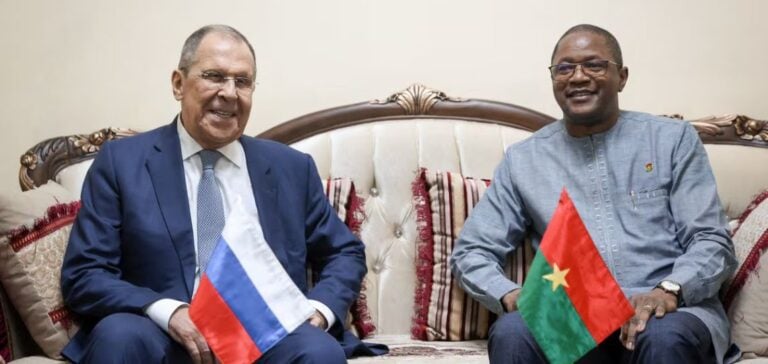Burkina Faso and Russia have reached a new milestone in their nuclear cooperation with the signing of several memorandums of understanding (MoUs). The agreements, signed by Rosatom CEO Alexei Likhachev and Burkina Faso’s Minister of Energy, Mines and Quarries Yacouba Zabre Guba at the St. Petersburg International Economic Forum, establish a framework for interaction covering a range of areas to diversify energy partnerships. The MoUs provide for joint training and education initiatives in the field of nuclear energy. They include the assessment and development of Burkina Faso’s nuclear infrastructure, as well as programs to promote public opinion in favor of nuclear energy.
Education and Awareness
Under these agreements, links will be established between educational institutions in both countries. This will include teacher training and student exchange programs. In addition, activities will be carried out to raise public awareness of the benefits of non-energy applications of nuclear technology, particularly in medicine and agriculture. The current agreements follow on from the MoUs signed in October 2023 and March 2024, which established a roadmap for the development of nuclear energy projects and the use of this technology to benefit medicine and agriculture in Burkina Faso.
Diplomatic Visit and Strategic Priorities
The signing of these MoUs coincides with the visit of Russian Foreign Minister Sergei Lavrov to Burkina Faso for bilateral talks. Following the discussions, Burkina Faso’s Minister of Foreign Affairs, Karamoko Jean-Marie Traoré, declared that this cooperation was a positive factor for the development of the country’s energy infrastructure, a strategic priority. This cooperation marks a significant step forward in relations between the two nations, aimed at strengthening Burkina Faso’s energy sector while providing innovative solutions to medical and agricultural challenges. Cooperation between Burkina Faso and Russia in the nuclear field promises many advances, not only in the energy sector but also in other crucial areas such as health and agriculture. This strategic partnership is part of a vision of sustainable development and technological innovation.






















